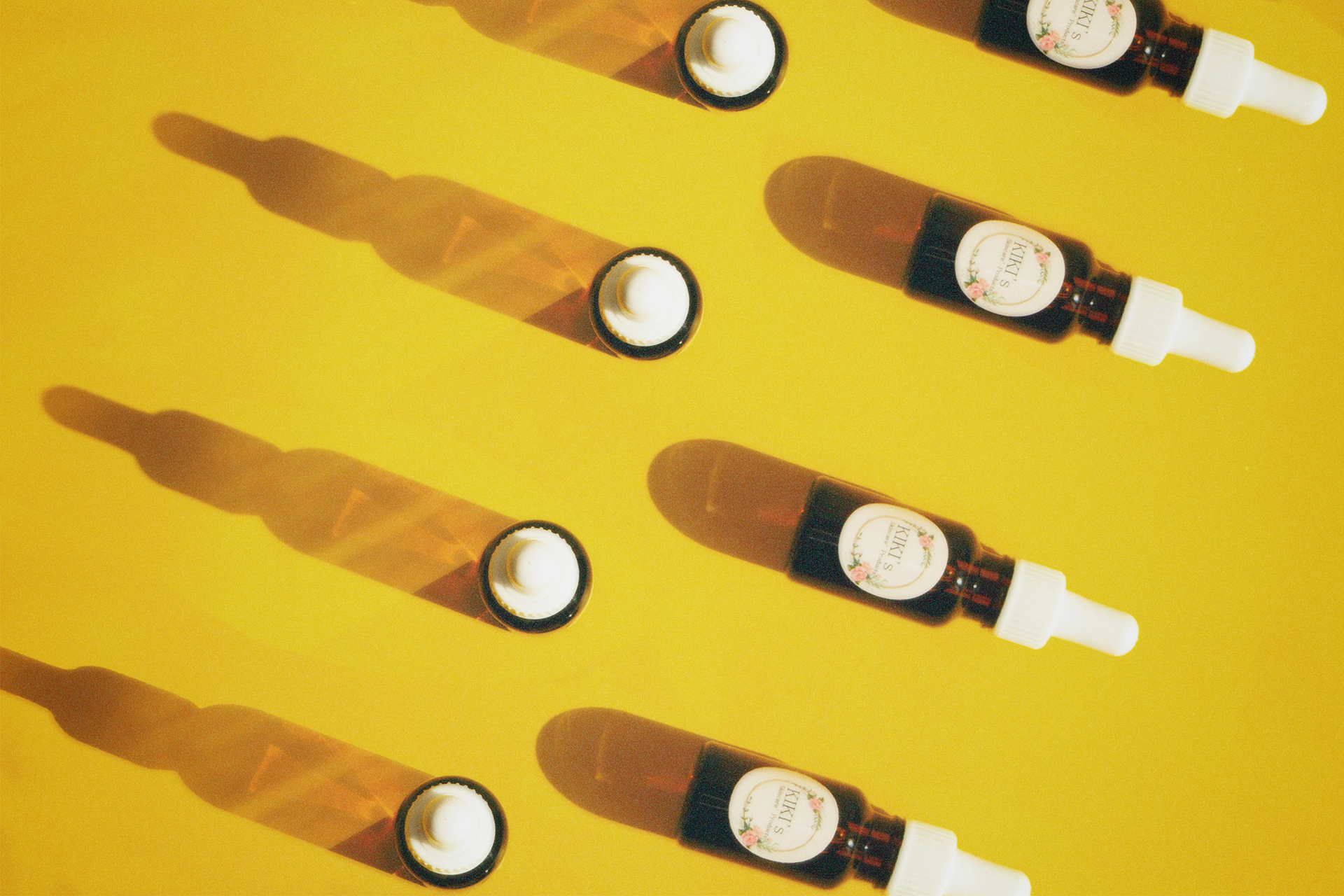Pregnancy is a time of joy and anticipation, but it also prompts many changes, not least of all to your skincare routine. As your body changes, so too does your skin, often developing sensitivities and conditions that were never an issue before. Moreover, the safety of the baby becomes paramount, influencing every choice, including which skincare products are safe to use. This comprehensive guide will help you navigate the complexities of skincare during pregnancy, ensuring you can maintain your glow safely and effectively.
Understanding Skin Changes During Pregnancy
During pregnancy, your body experiences a surge in hormones, which can lead to a variety of skin changes. These might include increased sensitivity, dryness, or the exacerbation of conditions like eczema and acne. You might also experience melasma, often called the “mask of pregnancy,” which appears as dark, blotchy spots on the face.
It’s crucial to adapt your skincare routine to address these changes while ensuring everything you use is safe for your developing baby. This means reevaluating your products and possibly replacing some with safer alternatives.
Key Ingredients to Avoid
When you’re expecting, the list of skincare ingredients to avoid can seem daunting. Here’s a simplified guide to what should be left out of your regimen:
- Retinoids: Found in anti-aging products, these derivatives of Vitamin A are linked to birth defects and should be avoided in all forms, including retinol, retinyl palmitate, and adapalene.
- High-dose Salicylic Acid: Used in acne treatments, high-dose salicylic acid peels or oral medications are not safe during pregnancy. Low-dose topical salicylic acid is generally considered safe; however, it’s best to consult with your healthcare provider.
- Hydroquinone: A skin-lightening chemical that can absorb into the skin at high rates, hydroquinone is best avoided due to the lack of safety data during pregnancy.
- Phthalates and Parabens: Often found in cosmetics and moisturizers, these chemicals can disrupt the endocrine system and should be avoided.
- Chemical Sunscreens: Ingredients such as oxybenzone and avobenzone can be absorbed into the skin and may affect the endocrine system. Opt for mineral-based sunscreens instead.
Safe and Effective Ingredients
While the list of ingredients to avoid is significant, there are plenty of safe alternatives:
- Zinc Oxide and Titanium Dioxide: These mineral sunscreens sit on the skin’s surface and reflect UV rays, offering effective protection without the risk of absorption.
- Vitamin C: An antioxidant that helps with pigmentation and fine lines, Vitamin C is safe for pregnant women and can brighten the complexion.
- Hyaluronic Acid: Excellent for hydration, hyaluronic acid helps retain over 1,000 times its weight in water, making it ideal for dry and sensitive pregnancy skin.
- Glycolic Acid: A gentle alpha hydroxy acid (AHA), glycolic acid can help with skin texture and tone without the risks associated with its BHA counterpart, salicylic acid.
Recommended Pregnancy-Safe Skincare Products
To help simplify your search for safe products, here are some top recommendations that blend safety with efficacy:
- Cetaphil Gentle Skin Cleanser: A mild, soap-free formula that cleanses without irritating.
- The Ordinary Vitamin C Suspension 23% + HA Spheres 2%: A powerful antioxidant formula that’s effective yet gentle on the skin.
- EltaMD UV Physical Broad-Spectrum SPF 41 Sunscreen: A mineral-based sunscreen that provides broad-spectrum protection.
- Neutrogena Hydro Boost Gel-Cream: Free from oils and fragrances, this moisturizer uses hyaluronic acid to deeply hydrate the skin.
- Belli Anti-Blemish Facial Wash: A pregnancy-safe facial cleanser that combats acne with lactic acid and a blend of natural ingredients.
Tips for Adjusting Your Skincare Routine
- Stay Hydrated: Drink plenty of water and use hydrating skincare products to help your skin maintain its elasticity and natural glow.
- Patch Test New Products: Pregnancy can change how your skin reacts. Always patch test new products to ensure there are no adverse reactions.
- Consult Your Healthcare Provider: Before starting any new skincare product or routine during pregnancy, it’s wise to consult with your healthcare provider to ensure it’s safe for you and your baby.
Conclusion
Navigating skincare during pregnancy doesn’t have to be a daunting task. By understanding the skin changes that occur and adjusting your skincare routine accordingly, you can maintain beautiful, healthy skin throughout your pregnancy. Remember, choosing the right products not only protects your skin but also ensures the safety and health of your baby. Make informed choices and enjoy this special time with confidence and radiance.



